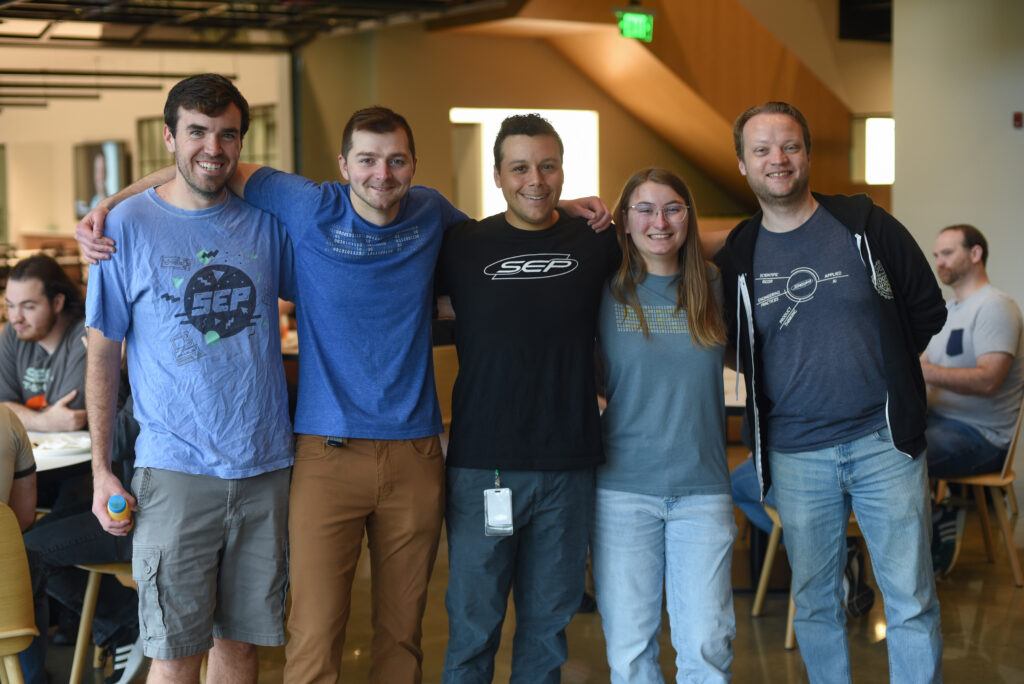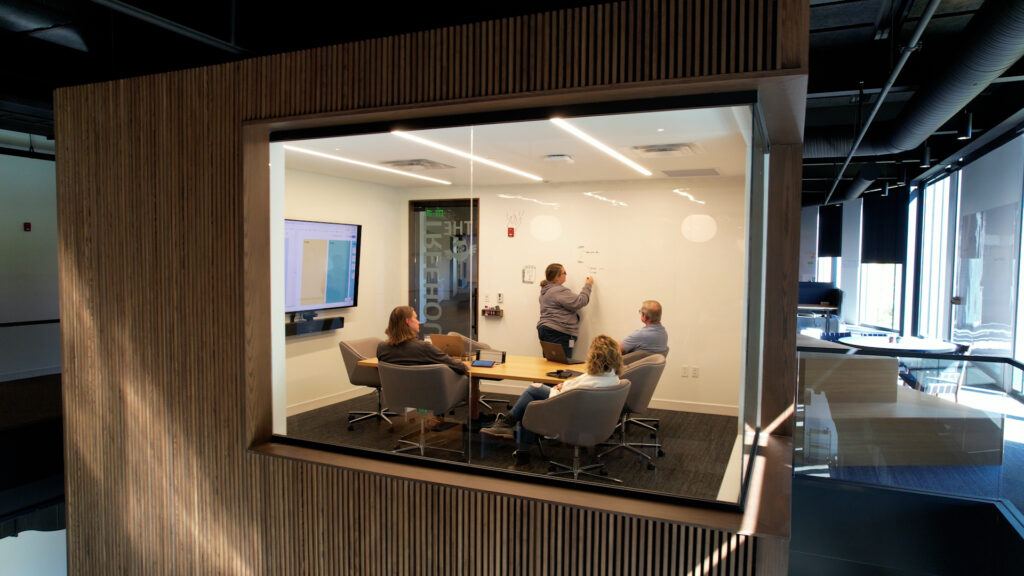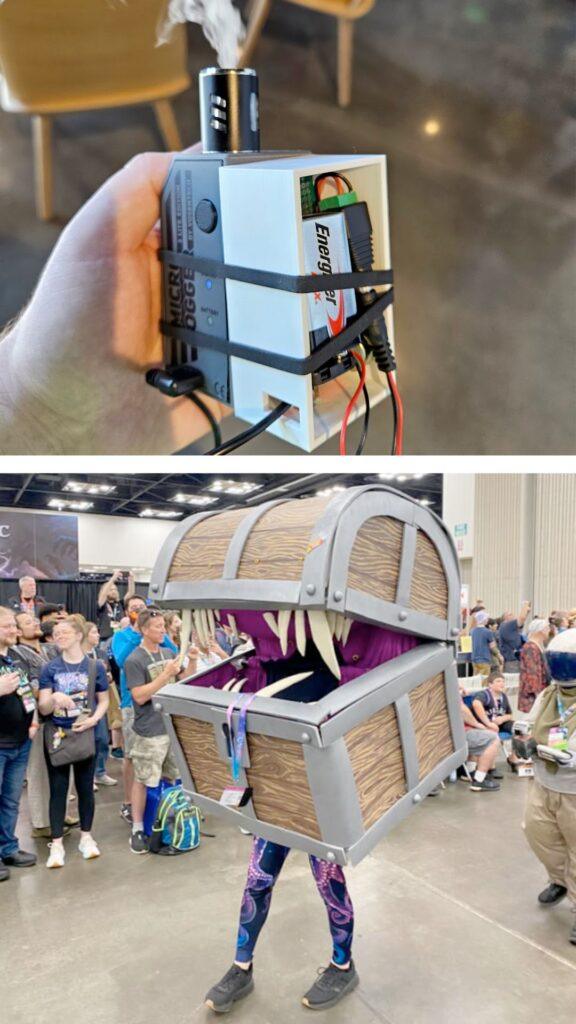
It’s no secret that we love our hackathons at SEP. These semi-annual weekends are one of our favorite traditions for so many reasons, including the fact that they are chock-full of professional development learning opportunities. With any combination of experience and expertise from our team, we find that working together to tackle personal projects or test the limits of tech and tools is a great way to exercise professional development as a social activity.
Hackathons Provide Structured Time for Personal Development
For each hackathon, a group of volunteers within our walls commits to organizing, planning, and executing each event. Setting aside these Maker Weekends as dedicated time blocks for focused work is really valuable to our teams. With our busy lives and workloads, making time for personal projects of any kind, including personal programming projects, is difficult.
These designated semi-annual events encourage commitment and set a precedent for prioritizing personal projects outside of regular work time. It’s one thing to claim “staying curious” is a company value at SEP, and it’s another to foster a tradition for over a decade. A form of loosely structured professional development, the hackathon allows developers to practice new skills and problem-solving methods at a company-wide coding party.
By creating a safe environment to explore new technologies and ideas, we see the benefits of encouraging innovation and creativity transfer into the work we do for our clients.

SEP’s 2024 Winter Hackathon Projects
What projects did we tackle this year? Here’s a recap:
Digital Picture Frame Display
Project Concept: View AI-generated images with a Stable Diffusion Picture Frame
Technologies: Windows, Firefox in Kiosk Mode, FastSD, custom Python scripts
This project utilized an older Intel NUC computer and a mobile monitor to create a digital picture frame capable of generating and displaying AI-created images. The project is complete; upon startup, a custom Python script initiates the display and generation of new AI images. Firefox operates in full-screen kiosk mode to showcase these images and request new ones from the script.
TTRPG Scheduler
Project Concept: Make an easy-to-use informal scheduler for weekly recurring events (in my particular case, for TTRPG campaigns with friends)
Technologies: React, AWS, PgSQL
Overview/Summary: Progress on the TTRPG Scheduler moved quickly during the hackathon, resulting in a simple live site hosted on AWS by the weekend’s end. The scheduler includes support for multiple users, timezone features, and a user-friendly interface. Additional functionality has been integrated, such as improved summary views and a “Plan A Date” feature. Future plans include user authentication, management, and calendar integrations like Google Calendar or Outlook. The app is currently live at https://ttrpgscheduler.com/.
D&D Encounter Generator
Project Concept: Generate encounters for your DnD campaign
Technologies: Blazor Web Framework, C#, HTML, CSS, NET
Zack aimed to familiarize himself with web development and Blazor while creating an app that generates encounters based on party size and level, categorizing them as easy, medium, hard, or deadly. The project successfully allowed him to use C#, HTML, and CSS effectively. By the end of the weekend, the app could generate encounters and provide all necessary information to manage the enemies involved.

Repeating Adjustable Mini-Smoke Machine
Project Concept: Made an adjustable smoke machine for his mimic cosplay
Technologies: Vosentech MicroFogger 3 Lite, Arduino (C++), 3d printing
The goal was to modify the MicroFogger 3 Lite, which featured a manual on/off button, to create a hands-free automatic toggle for costume use. The project was nearly completed by the second day, with the smoke machine allowing for control via high/low voltage signals. A custom circuit board and rotary dial were designed to adjust the smoke frequency.
Although the project was successful, the smoke effects were not allowed at GenCon, preventing integration into the costume for the contest.
Calendar Nerds
Project Concept: An app that AI-generates goofy calendar pages from pictures
Technologies: Google Colab, EC2
The Calendar Nerds project aimed to build an app that leverages image and language generation models to create humorous calendar pages from images. Key steps included fine-tuning the image generator, producing outputs with prompts, and integrating image descriptions into a template. 
The final product generated multiple photos to fill out a 12-month calendar. The project also involved writing tests and implementing an NSFW guard.
Build awesome things for fun.
Check out our current openings for your chance to make awesome things with creative, curious people.